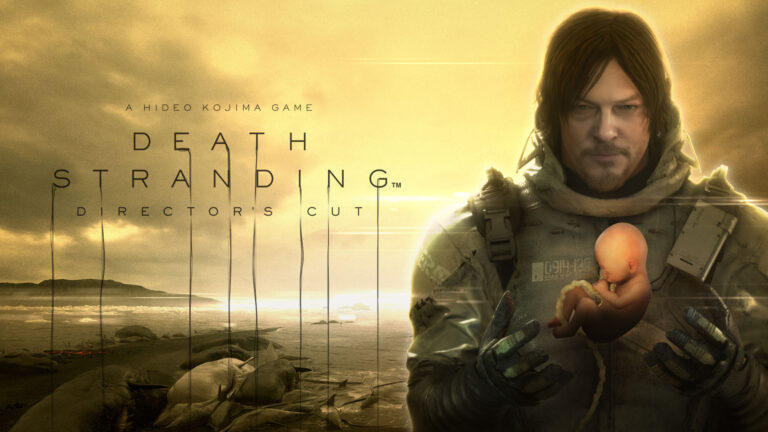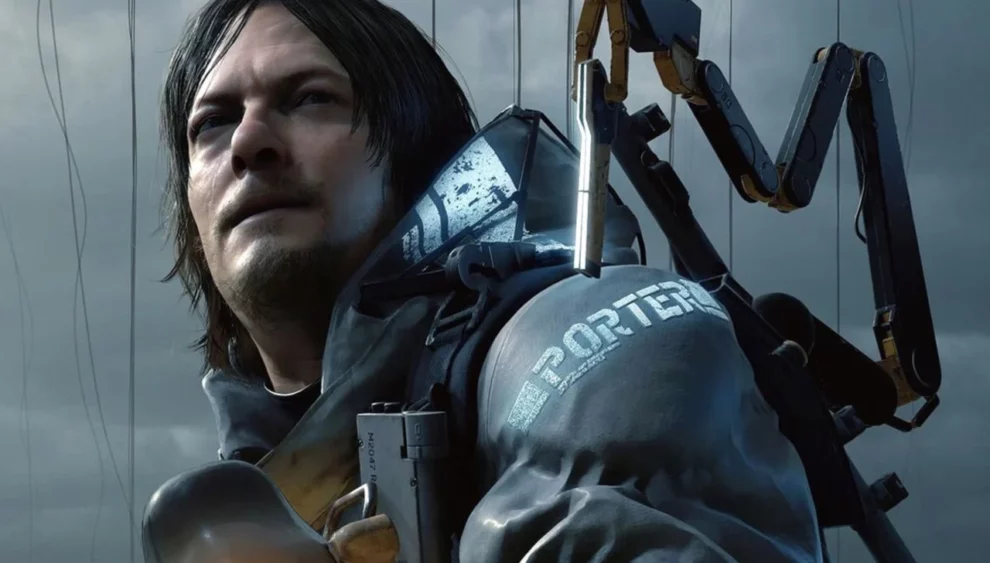Kojima Productions has acquired complete intellectual property rights to Death Stranding from publisher 505 Games. The announcement, made on the fifth anniversary of the game’s original PlayStation 4 release, marks a new chapter for both the studio and its enigmatic founder, Hideo Kojima.
This acquisition represents a major shift in creative control, giving Kojima Productions unprecedented freedom to guide the franchise’s future direction. The timing of the announcement carries particular significance, coinciding with both the game’s anniversary and an ongoing promotional campaign that sees Death Stranding offered at a 50% discount across major PC gaming platforms, including Steam and the Epic Games Store.
The move follows a similar pattern in the gaming industry, echoing Remedy Entertainment’s $18.4 million deal with 505 Games earlier this year to reclaim rights to the Control franchise. These transactions suggest a growing trend of developers seeking to regain control over their creative properties, potentially reshaping how games are developed and published in the future.
Kojima Productions‘ statement emphasizes their commitment to expanding Death Stranding’s reach, promising to bring the award-winning IP to “more platforms and audiences.” This expansion is already underway with Death Stranding 2: On the Beach, scheduled for a PlayStation 5 release in 2025, though PC players still await confirmation of their version’s release date.
The franchise’s expansion extends beyond gaming, with a film adaptation currently in development through A24, the acclaimed production company known for boundary-pushing films like Midsommar and Everything Everywhere All at Once. This collaboration suggests that Kojima Productions intends to explore Death Stranding’s unique narrative possibilities across different media formats.
The acquisition is particularly noteworthy given Hideo Kojima’s reputation for pushing creative boundaries. Since founding Kojima Productions in 2015 after his departure from Konami, Kojima has enjoyed considerable creative freedom, resulting in Death Stranding’s unique blend of innovative gameplay mechanics and unconventional storytelling. The game’s original release challenged traditional gaming conventions with its focus on connection and delivery in a post-apocalyptic world, garnering both critical acclaim and passionate discussion about its unusual approach.
While no creative work is solely the product of one person, Kojima’s distinctive vision has been a defining factor in Death Stranding’s identity. The removal of previous IP restrictions could potentially lead to even more experimental and innovative approaches to the franchise’s future developments. The studio’s newfound complete control over the property suggests that future installments might push even further beyond conventional gaming boundaries.
This development comes at a crucial time for both the studio and the franchise. With Death Stranding 2 in development and the movie adaptation in production, Kojima Productions now has unprecedented control over how these projects evolve and interact with each other. The studio’s ability to make independent decisions about the property’s future could lead to more cohesive and ambitious cross-media storytelling.
The gaming community’s reaction to this news has been largely positive, with many fans expressing excitement about the potential for even more unconventional and experimental content. The acquisition suggests that future Death Stranding projects might embrace even more of the surreal and philosophical elements that made the original game distinctive.
As Kojima Productions moves forward with complete control over Death Stranding, the gaming industry watches with interest to see how this creative freedom will manifest in future projects. The studio’s ability to fully direct the franchise’s destiny, limited only by future publishing partnerships, could set new precedents for how developers approach IP ownership and creative control in the gaming industry.
The impact of this acquisition may extend beyond Death Stranding itself, potentially influencing how other developers and publishers approach IP rights and creative control in the future. As the gaming industry continues to evolve, this move by Kojima Productions could represent a significant shift in how creative properties are managed and developed in the years to come.
















Add Comment